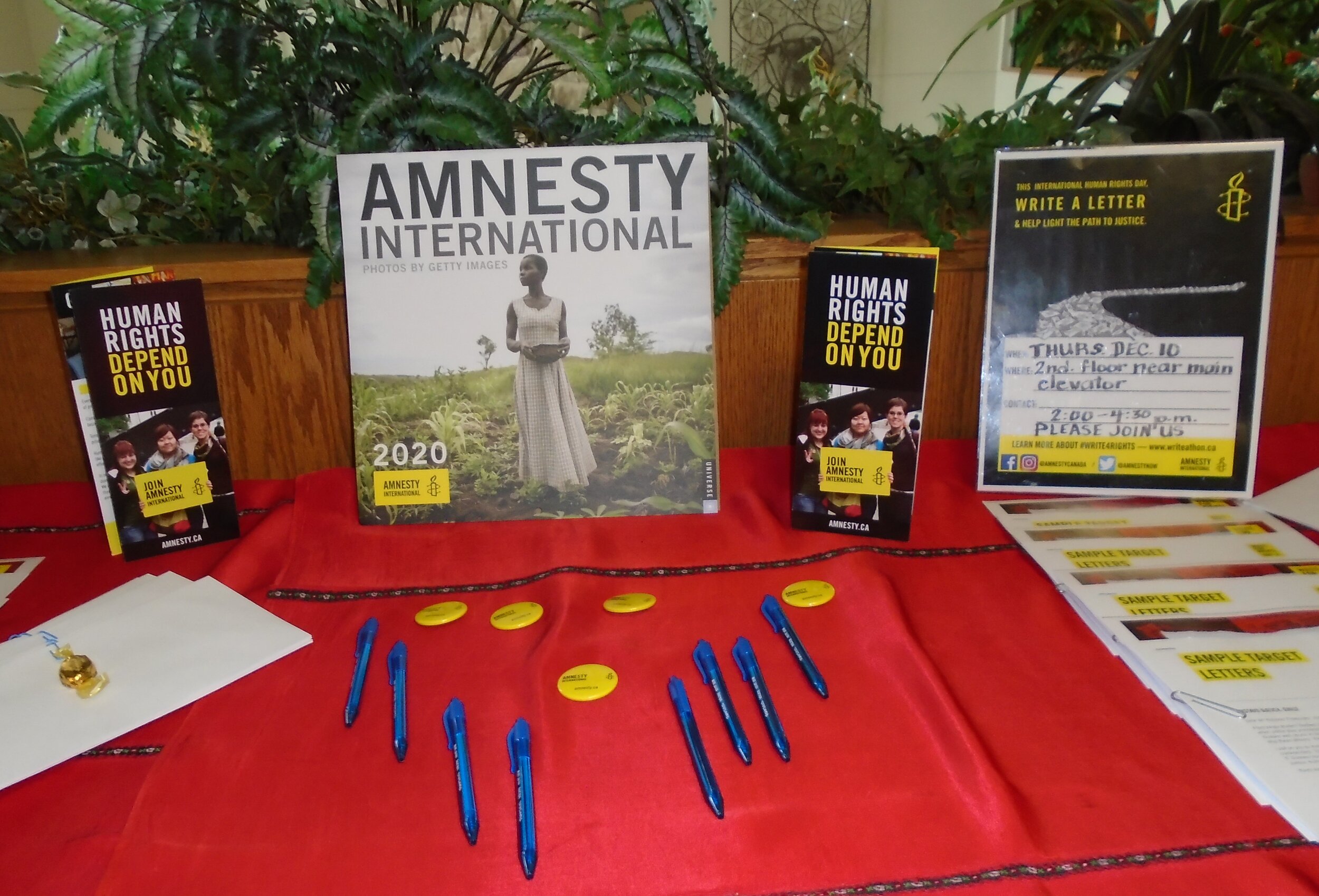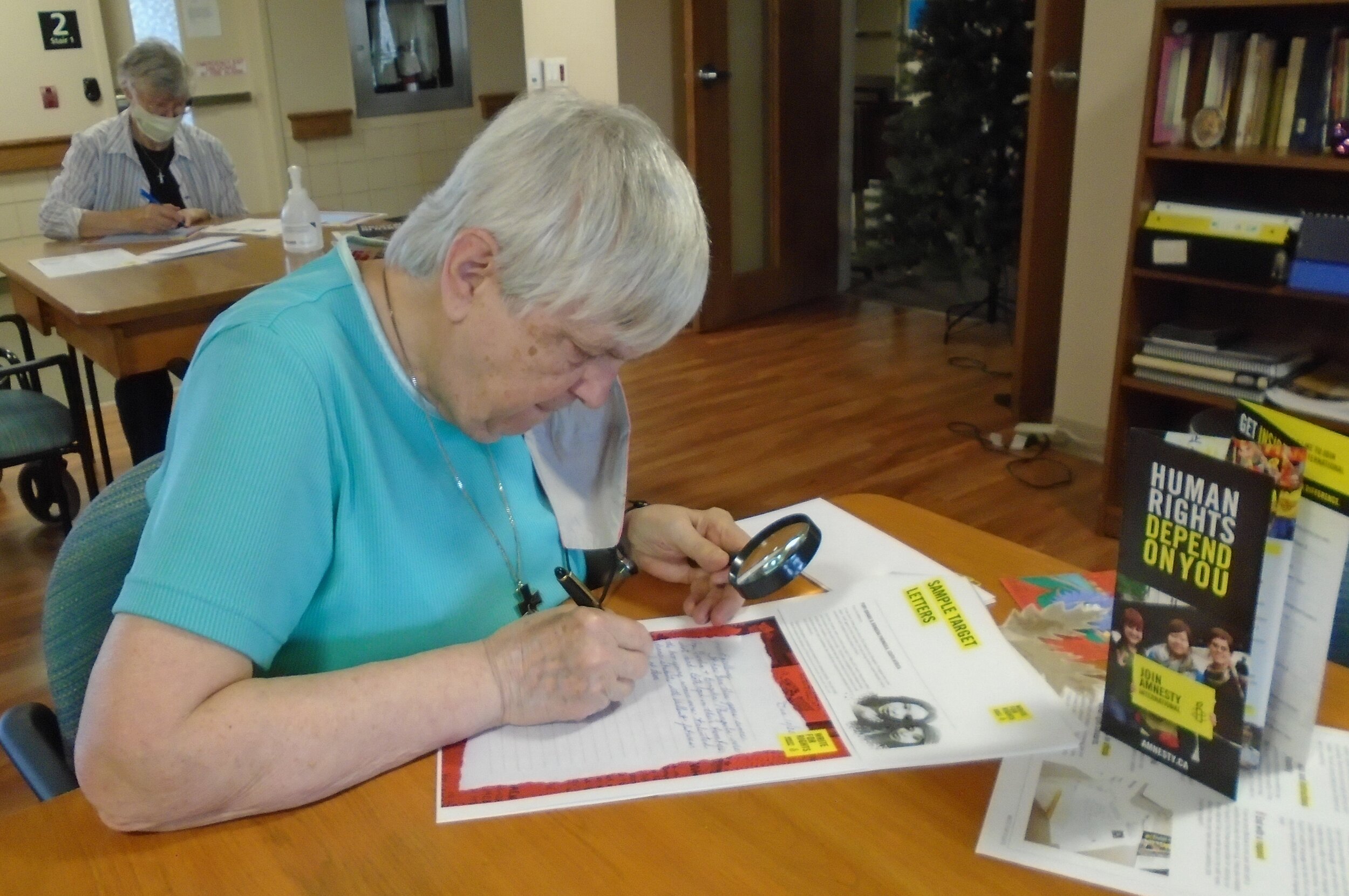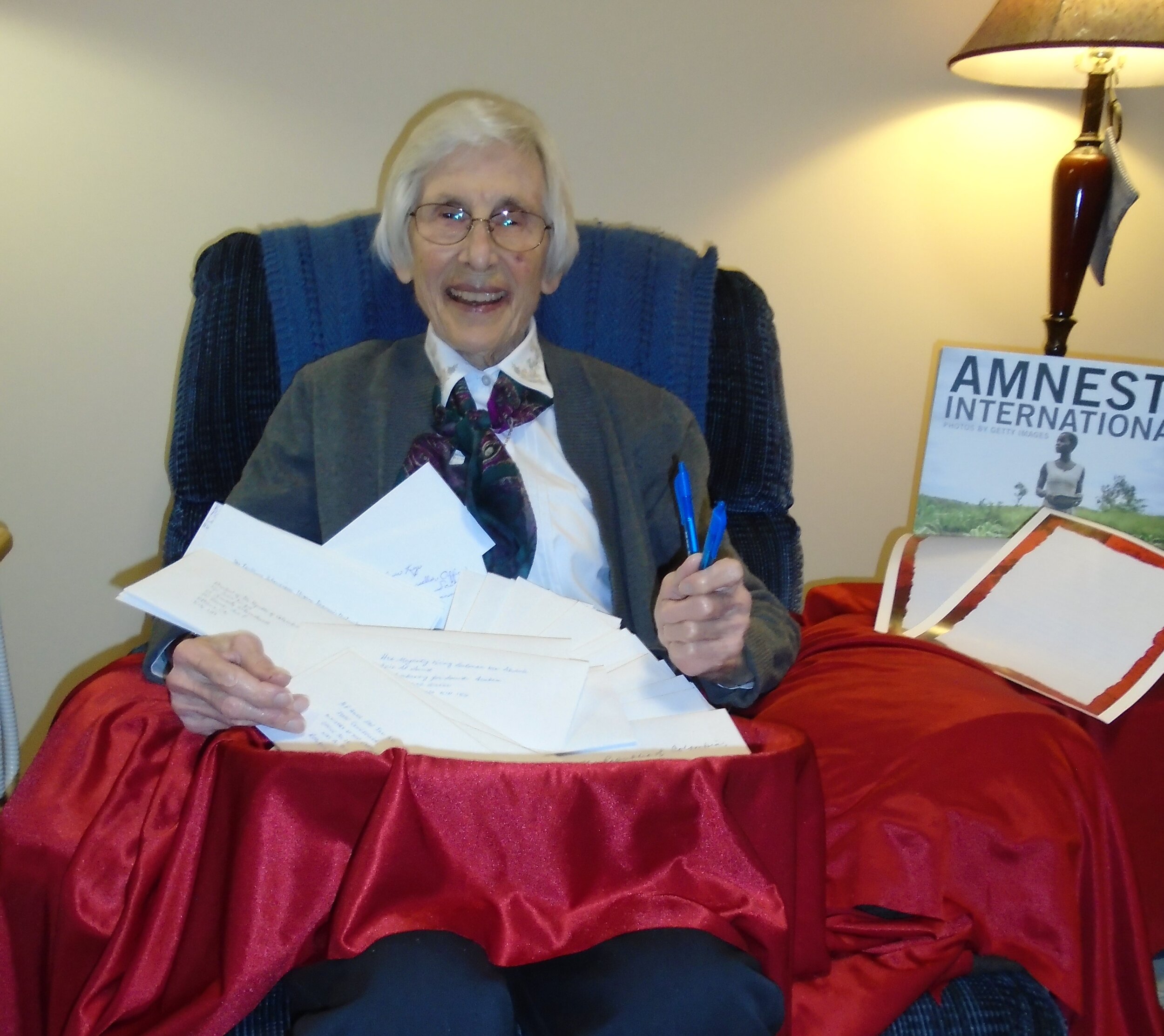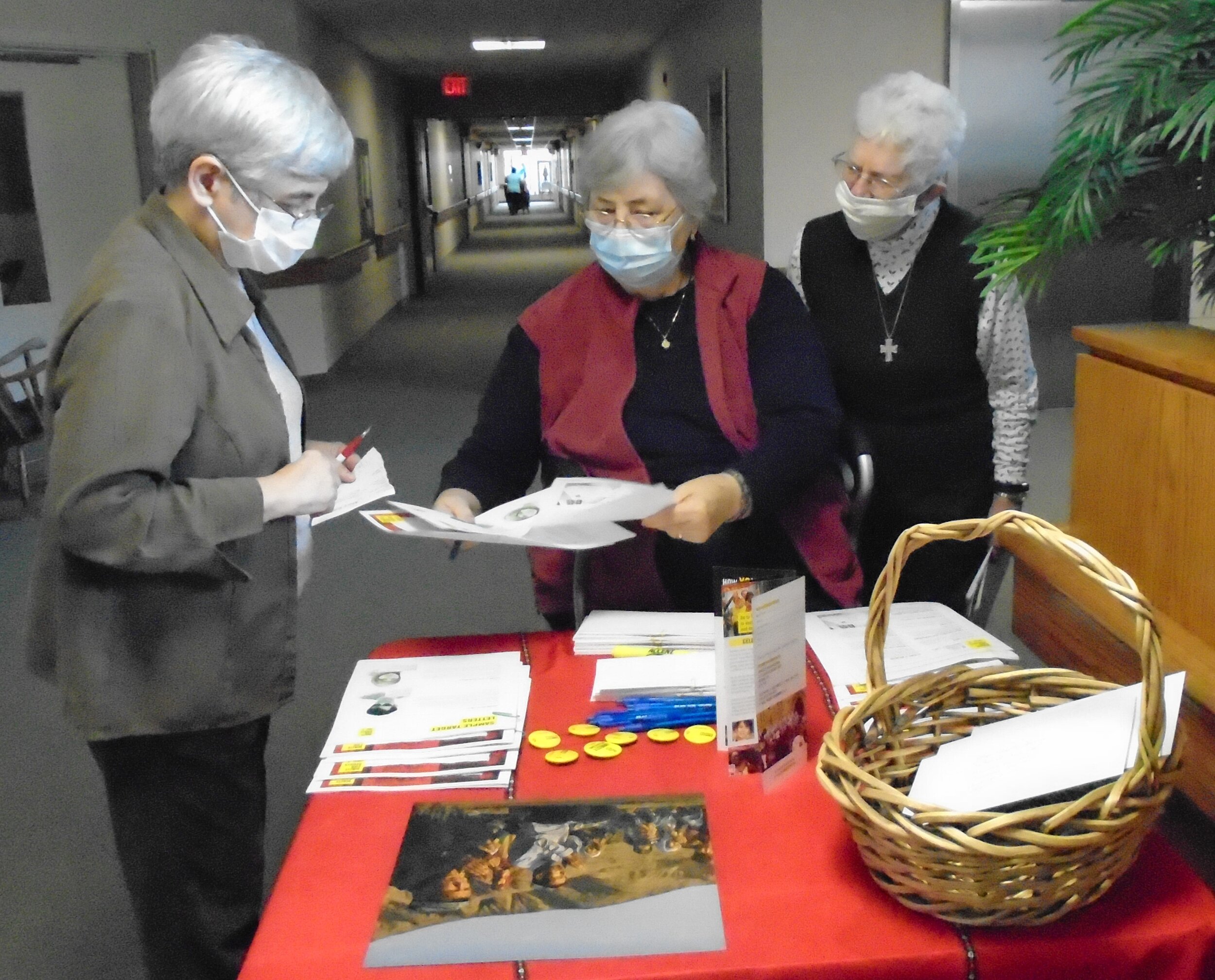International Women’s Day
In a recent survey, “Gathering Women’s Voices for a She-covery,” women in the London region told us about their work experiences during the pandemic.
Mothers of young children reported needing to reduce hours, move to part-time work, take a leave of absence, or leave their jobs entirely to care for their children. Their comments fit closely with a Royal Bank report (Dawn Desjardins and Carrie Freestone) from November 2020 which noted that, although mothers with children under 6 made up only 41% of the labour force in Feb. 2020, they accounted for two-thirds of the workers leaving the labour market.
But it’s not just about the care of young children. Some women spoke of deep concerns for the mental health of their teens; others felt the need to invest more time in helping their children with their education. As I read their survey comments, it seemed clear that women have been plugging the holes in our poorly funded social systems: inaccessible child-care, lack of mental health supports, weak elder care systems and educational supports. And too many women have been paying the price with lost hours of work and high levels of stress.
As London thinks about how to improve our labour participation rates, it’s not enough to think in terms of matching jobs and skills. We need to look deeper, to open our eyes to the ways in which weak social protections are effectively pushing women out of the labour market.
-Sister Sue Wilson | Office for Systemic Justice, Federation of Sisters of St. Joseph of Canada
The Survey was sponsored by Sisters of St. Joseph in Canada, Brescia, London Food Bank, Coalition to Empower Gender Equality, London Coordinating Committee to End Women Abuse, Pillar, and United Way.












